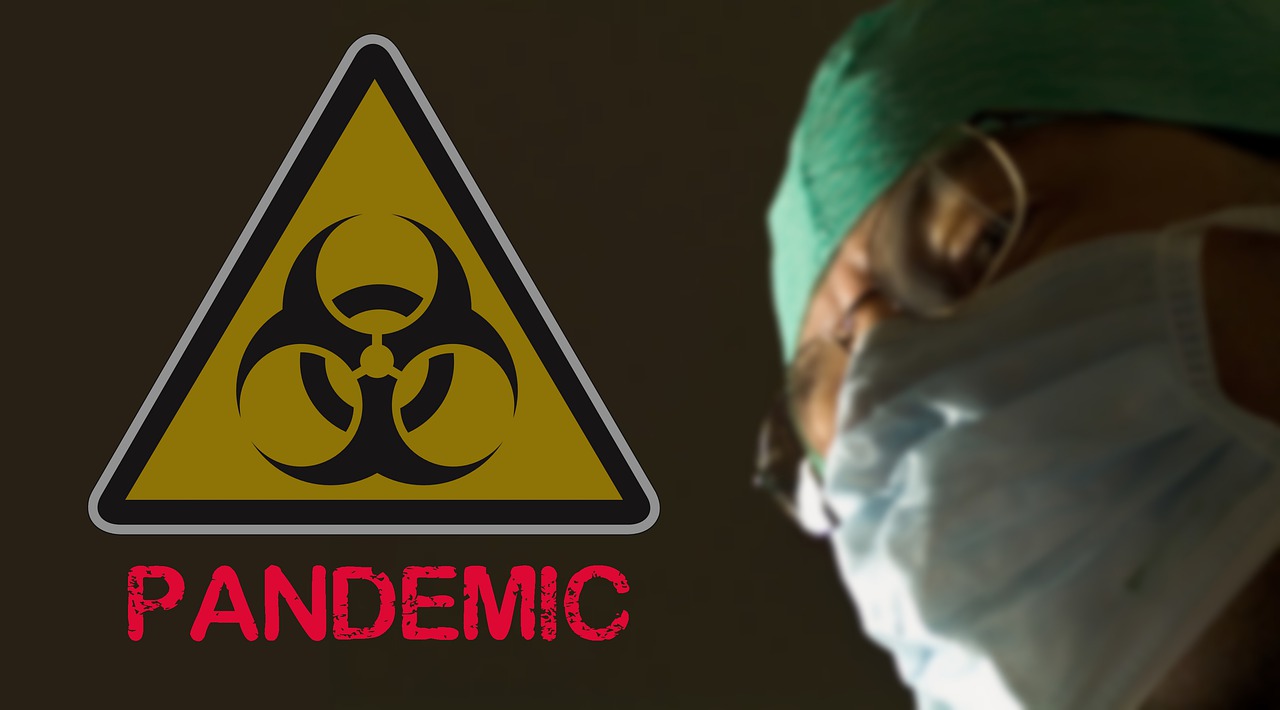The policy option of lockdowns for dealing with the health crisis is again very much back in several parts of India. This was being discussed for some days after a much higher Covid mortality was reported and a wave of panic spread in the country, and in addition the case for lockdowns became strong in influential circles when the views of a prominent US expert favoring this were highlighted a lot in leading sections of the media. Let us be very clear at the outset that if lockdowns indeed succeed in reducing mortality then these should certainly be brought. This is one policy option available to us and if the government is sure that it will reduce mortality it should certainly use this policy option. I just accept this completely. But the key question is whether lockdowns in our conditions actually reduce mortality.
To find an answer to this question we need two sets of data—data AA and data BB. Data AA tells us to what extent non-Covid mortality can go up because of lockdown. Data BB tells us to what extent Covid mortality is likely to go down because of lockdown. If BB is higher than AA then have a lockdown. If AA is higher than BB then do not have a lockdown.
Now let us explore data AA, or how and to what extent non-Covid mortality is likely to go up as a result of lockdown. At least three of the more obvious aspects can be mentioned. Many serious diseases and injuries have ongoing urgent treatments which may be denied in timely and normal ways in lockdown conditions. Several new disease and injury emergencies may arise during the lockdown period which need urgent treatments which may be denied in lockdown conditions. Last but not the least, the resulting disruption of livelihoods and normal life conditions can lead to higher levels of hunger and malnutrition and mental stress, and thereby lead to higher mortality within and outside lockdown period. Hence at various levels ( short-term and longer-term) there may be increase in mortality.
What does this mean in quantitative terms? Different figures can be derived on the basis of different assumptions . If due to all the above factors there is a 10 per cent rise in non-Covid mortality then this results in 2700 extra deaths per day , or about 81000 extra deaths over a period of 30 days or a month in India.
Now let us look at data BB on the extent to which Covid mortality will be reduced by a lockdown. On the one hand a lockdown will reduce Covid mortality by reducing possibilities of human-beings infecting each other in offices, factories, markets and gatherings. But these possibilities will not decrease entirely as some concessions will have to be given to get essential supplies and during the short time given for this people may be seen surging and jostling to meet essential needs. Lockdowns may even lead to extra travel by some people including migrant workers in conditions of crowding. American experts may think that lockdown leads to various family members working on laptops in separate rooms and heading for the fridge and the kitchen whenever they like, but here the reality in many cases is closer to the entire family, including those who are ill or unwell, being confined to 1 or 2 small rooms, or just a shanty or hut, in conditions generally of hot weather, sometimes worsened by electricity and water supply failure, in some cases not having essential sanitation, deprived also of fresh air and all the time thinking of where the next meal comes from.
The government experts can best calculate how much net reduction of Covid mortality they can achieve in these conditions. As they have the latest and most extensive data they can better compare data AA and data BB and hopefully take the best decisions in the prevailing conditions.
However as all the data may not be entirely reliable it may be useful to ask some additional questions. How reliable really are the Covid tests and the data based on them? Is it true that several private doctors get a commission on sending Covid patients to hospitals? Is it true that private hospitals earn excessive profits on treating Covid patients? Is it true that there is a bias for classifying non-Covid patients as Covid patients, and this bias is supported in various ways? Is it true that as a result and in other ways more deaths are being classified as Covid deaths while less are being classified as being related to other causes? Is it true that mere presence of a virus cannot and should not be treated as a cause of death, a death with a virus cannot be called death by virus, particularly in cases of co-morbidity? Is it true that data on excess non-Covid mortality arising from last year’s lockdowns was never collected in a serious and reliable way? Is it true that all evidence of all adverse events relating to vaccinations has not been collected in an entirely unbiased and scientific manner and there is a bias towards underestimation? Is it true that as preparations for making and importing many kinds of Covid vaccines are made, our preparations at the same time for carefully monitoring adverse impacts and effectiveness of all these vaccines are not really in place? Is it true that health systems and consultancy at world level have been badly distorted by powerful interests who seek huge profits and control? Is it true that the US experts and billionaires who have been widely quoted for their expert advice from time to time are highly divisive figures in their own country and isn’t it the duty of media to inform readers about this while dispensing their detailed advice ( on highly significant issues like lockdowns and vaccines) for India?
The common goal of all citizens and government is to reduce distress and mortality. Let us try to get the best means of achieving this. One option is to evolve Unbiased ,Precautionary, Evidence-Based, Non-Disruptive, Participative, Transparent, Trust-Creating, Decentralized Policy guided by carefully selected health experts who are known to be very competent as well as equally honest and are completely free from the influence of all narrow interests of profit and control.
Bharat Dogra is a public interest journalist and author, as well as honorary coordinator of Save the Earth Now Campaign with its SED Demand. His recent books include Protecting Earth For Children, Man Over Machine ( Gandhian ideas for our times) , Planet in Peril and When Two Streams Met ( Freedom Movement).














